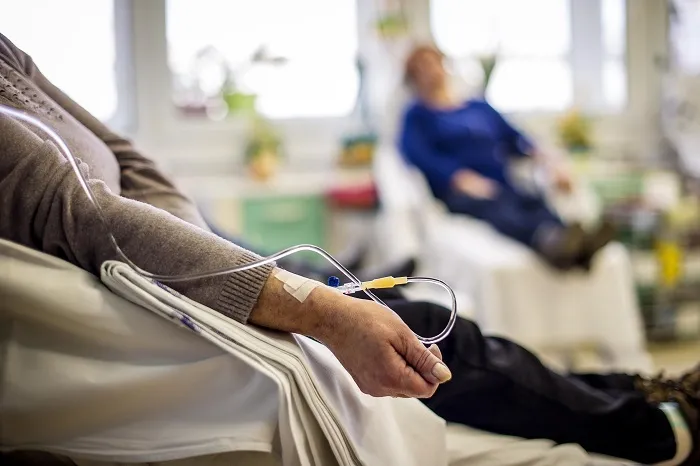
all about Tik Tok
Face filters — those for TikTok and Instagram Stories, for example — are increasingly sophisticated. Everything is possible, from small “corrections” to completely changing the structure of the face. But this can harm the mental health of users.
what do you want to know:
- Some countries have adopted legislative measures to regulate the use of filters on social networks;
- Beauty filters are getting more and more sophisticated, but chronic use can harm users’ mental health;
- The resulting medical condition even has a name of its own now: self-image dysmorphia;
- Studies show that a large portion of young people feel pressured by beauty standards on social networks.
Two-thirds of young people feel pressured by beauty standards on social media, according to a British YMCA study. To deal with this scenario, many countries have adopted legislative measures to regulate the use of the filter.
Read more:
legislative intervention
In Norway and Israel, images manipulated with filters must now be classified once they are used for advertising on social media.
In France, a bill also aims to enact similar regulations for photo and video recordings, where influencers face fines of up to $325,000 or six months in prison for violations. Regulations of this kind are already being discussed in the UK.
Professor Katja Junkel, who teaches cultural studies at Goethe University Frankfurt and specializes in digital culture and consumer aesthetics, said in an interview with DW that she would support such regulation. But he clearly distinguished between public and private use.
We are only talking about the commercial sector here. You cannot use it to take selfies in the private sphere. How is this supposed to work, who should be controlling it? I’ll call it censorship then.
Katja Junkel, professor at Goethe University (Germany) and specialist in digital culture and consumer aesthetics, in an interview with DW
Instead, he added, children and youth need education from an early age to strengthen their media skills. “We live under capitalism,” he said, “and it works very well to give people the feeling that they need to continue to improve themselves and link that to the consumption of certain products or services, such as medical interventions.”
artificial beauty
Everyone has pimples, pores and skin blemishes. it’s normal. But on social networks, these characteristics become disadvantages. In this environment, almost every influencer seems to be smiling at users with perfect hair, smooth skin, and sparkling white teeth.
A few years ago, you could only apply filters to photos. But now people can change their appearance in videos in such an intricate and sweeping way that image manipulation is hard to detect.
In early March, two candidates on TikTok caused quite a stir. With the help of artificial intelligence, the “teen look” filter makes people look younger. The Bold Glamor filter transforms the face according to ideal beauty standards – giving the wearer fuller lips, brighter eyes, a slimmer nose and flawless skin.
Hidden problems in filters
This type of filter promotes an ideally uniform beauty where black skin is generally lightened, white skin appears more rosy, and prominent noses are narrow.
This aesthetic is certainly problematic to see, because many stereotypes are condensed into the filters.
Katja Gunkel Katja Gunkel, professor at Goethe University (Germany) and specialist in digital culture and consumer aesthetics, in an interview with DW
The technology is new, she added, but the clichés about the different roles she plays are old. “There are a lot of filters that are very problematic for everyone, and of course there is tremendous pressure to conform to that,” she said.
consequences
These filters can have serious psychological consequences for users. A survey by British youth organization Girlguiding reported that around a third of girls aged 11-21 no longer post an unedited photo of themselves.
It’s a game with the devil. Once we rolled out the filters, we received positive feedback in the form of hearts and likes. We feel accepted and dopamine is flowing.
Sylvie Carlson, a German YouTuber who posts videos against beauty filters
The resulting medical condition even has a name of its own now: self-image dysmorphia. The more filtered selfies become the norm, the more self-esteem suffers for many people.
According to the scientific journal JAMA Facial Plastic Surgery, feeling unable to embody the demands of such beauties can lead to depression.
with information from DW
Have you seen the new videos on Youtube digital outlook? Subscribe in the channel!

“Friendly zombie guru. Avid pop culture scholar. Freelance travel geek. Wannabe troublemaker. Coffee specialist.”






:strip_icc()/i.s3.glbimg.com/v1/AUTH_59edd422c0c84a879bd37670ae4f538a/internal_photos/bs/2024/D/j/0VKjbVSiGJCKq6wDp5tg/gravida-aranha-2.jpg)